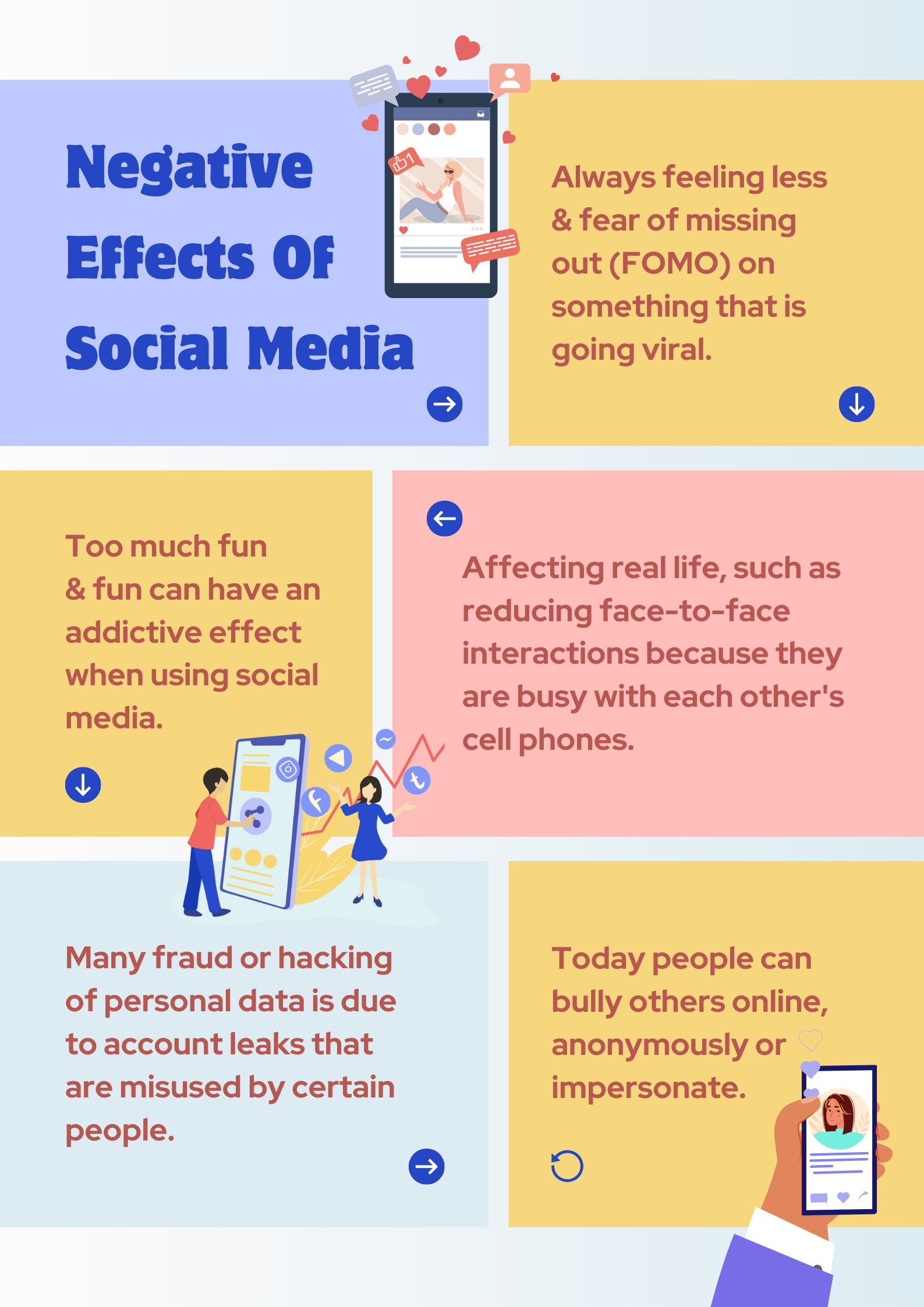The Impact of Social Media on Mental Health: A Psychological Perspective
Social media, undeniably, has revolutionized the way we communicate, engage, and interact with the world around us. But amidst the tweets, likes, shares, and DMs, a compelling question emerges: How does the omnipresence of social media impact our mental health? A growing body of research within the psychological community provides valuable insights into this important issue.
The Paradox of Connectedness

At its core, social media promises connectedness. It offers a space where individuals can share their thoughts, experiences, and life milestones with an expansive network of peers. From a psychological standpoint, this level of social interaction can foster feelings of community and belonging.
However, social media’s nature often leads to a paradox of connectedness. Users are more connected than ever before, yet they may feel increasingly isolated. One reason for this is the prevalence of comparison culture on these platforms. Users often present an idealized version of their life, leading to an unrealistic standard that many strive – and of course fail – to meet. This phenomenon can lead to feelings of inadequacy, self-doubt, and even depression.
The Dopamine Dilemma
Engagement on social media platforms is often reinforced by likes, shares, comments, and other forms of feedback. This instant validation triggers a release of dopamine in the brain – the same chemical that’s released when we eat our favorite food or win a game. The short-term rush of pleasure can be addictive, with users seeking constant validation through social media engagement.
This reward-based system can become problematic when self-worth becomes tied to these digital interactions, leading to an increased risk of anxiety and depression. Furthermore, it can result in a constant need for validation, which can be destructive to a person’s mental health in the long term.
The Impact on Sleep and Physical Health
Social media often cuts into an essential component of mental health: sleep. Many users find themselves endlessly scrolling, often right up until the moment they fall asleep. The blue light emitted by devices can disrupt the body’s natural sleep-wake cycle, and the constant stream of information can lead to mental overstimulation that hinders quality sleep.
Lack of sleep can have serious repercussions on both physical and mental health, leading to increased levels of anxiety, depressive symptoms, and reduced emotional well-being. Moreover, a sedentary lifestyle associated with excessive screen time can negatively impact physical health, which is often linked to mental health.
Cyberbullying and its Consequences
Lastly, the rise of social media has paved the way for cyberbullying, a modern form of bullying that takes place online. Victims of cyberbullying are at a higher risk of suffering from depression, anxiety, and in extreme cases, suicidal ideation. The anonymity provided by the internet often emboldens bullies, making social media a breeding ground for harmful behaviors.
The Need for Mindful Use
The impact of social media on mental health is a complex and multifaceted issue. While social media has its merits, its negative implications on mental health cannot be overlooked. It is critical for users to approach these platforms mindfully, setting personal boundaries on use, being aware of how it affects their mood and self-esteem, and seeking help if social media use becomes a source of distress. Parents must be particularly vigilant in this area and track what their children are being exposed to and when, assessing the effects on vulnerable young minds and hearts.
How to Help
To manage social media’s psychological impacts, it is equally important to create supportive online environments, where comparison culture is challenged, and authenticity is encouraged. Online platforms and communities have the potential to be instrumental in promoting mental health awareness, breaking down stigma, and providing support networks, transforming from potential hazards to tools of empowerment. This requires accountability and oversight by parents when children are involved, and reality checking when we find ourselves being negatively impacted by what we are exposing ourselves to online.
Social media, like any tool, can be beneficial or detrimental—it all depends on how we use it. As we continue to navigate the digital age, understanding the psychological implications of our online behavior becomes increasingly vital for our collective mental health.